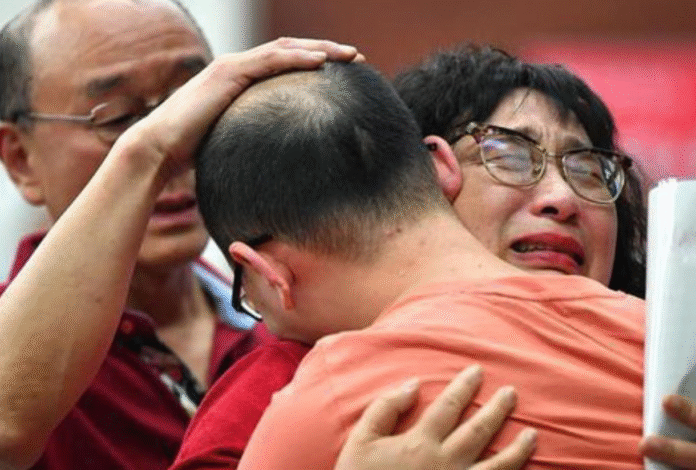In 1988, Li Jingzhi’s world collapsed in an instant. Her two-year-old son Mao Yin was walking home from nursery in Xi’an, China, when he vanished. What she did not know then was that her little boy had been kidnapped and sold to a childless couple in Sichuan Province, where he would grow up as Gu Ningning, utterly unaware of his true identity.
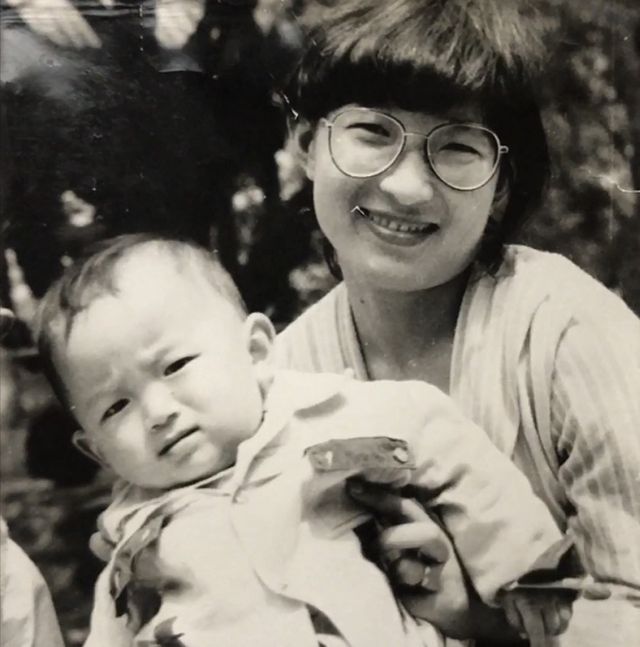
What followed was one of the most heartbreaking yet inspiring searches in modern history—a mother’s 32-year journey that would span continents, touch millions of hearts, and ultimately change how China fights child trafficking.
Initially, authorities tried their best. Police set up investigation teams and traveled to neighboring provinces, including Anhui, Shandong, and Shanxi, following every lead they could find. However, each investigation led nowhere. The trail had gone cold.
That is when Li Jingzhi made a decision that would define the rest of her life: she quit her job and became a full-time searcher for her missing son.
Starting in the mid-1990s, Li embarked on what can only be described as an epic quest. She traveled to more than 20 provinces across China, carrying boxes of flyers and an unwavering hope. Over the years, she handed out more than 100,000 flyers, each one bearing her son’s photo and her desperate plea for information.
The grinding process consistently disappointed her. False leads, dead ends, and heartbreak became her daily companions. But giving up? That was never an option.
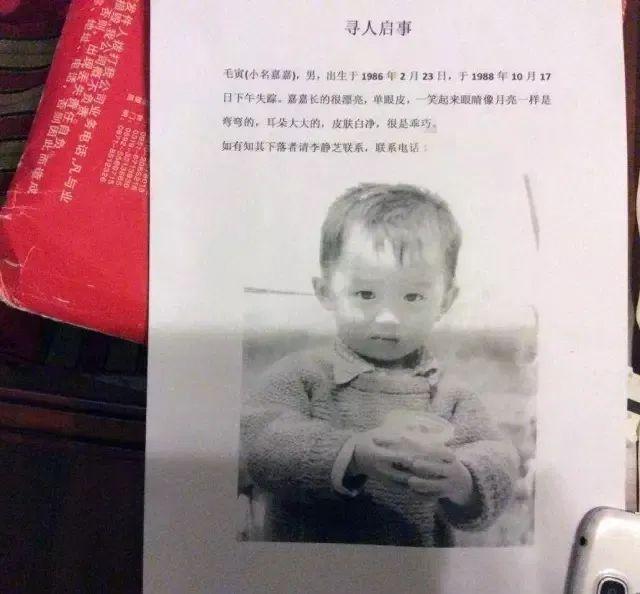
Li evolved with the times, embracing new ways to spread her message. She appeared on numerous TV shows across China, learning to tell her story with the kind of raw emotion that moves viewers to action. When the internet arrived, she mastered that too, disseminating information online and using social media to expand her search while raising awareness about child kidnapping throughout Chinese society.
In 2007, after 19 years of fruitless searching, Li found a new way to channel her grief. She became a volunteer at Baobeihuijia—which means “Baby Come Home” in English—a non-governmental platform dedicated to helping families track down their kidnapped children in China.
Through this work, something remarkable happened. While desperately yearning to find her own son, Li helped 29 other families reunite with their missing children. Each reunion was bittersweet—joy for others mixed with her own continuing anguish.
“They have the shadow of my son in my eyes,” Li once explained, her words capturing the profound connection she felt with every missing child. “By helping them reunite, I just want to retrieve the feeling of being a mother.”
Her selfless dedication did not go unnoticed. Li’s story became legendary across China, inspiring countless others and putting a human face on the country’s child trafficking crisis.
In 2009, China launched a nationwide campaign to crack down on human trafficking, establishing a national anti-trafficking task force and creating a comprehensive DNA database. Among these efforts, authorities took an unprecedented step: they designated a special team specifically to search for Li’s long-lost son.
The team made a promise that would prove prophetic: they vowed to go all out in searching and investigating the case until mother and child were reunited.
For over a decade, that team continued to work, following leads, running DNA comparisons, and never giving up on the case that had captured the nation’s heart.
In late April 2020, after 32 years of searching, the breakthrough finally came. Police discovered a crucial clue: a childless couple in Sichuan Province had adopted a boy from Xi’an decades earlier, paying a trafficker 6,000 yuan (approximately $846) for the child
The pieces suddenly fell into place. Authorities quickly located the adoptee—a 34-year-old interior designer named Gu—and collected DNA samples. When the results came back, they confirmed what everyone hoped but hardly dared believe: this was Mao Yin, the little boy Li had been searching for since 1988.
On Mother’s Day 2020, police delivered the news Li had been waiting three decades to hear: her son had been found.
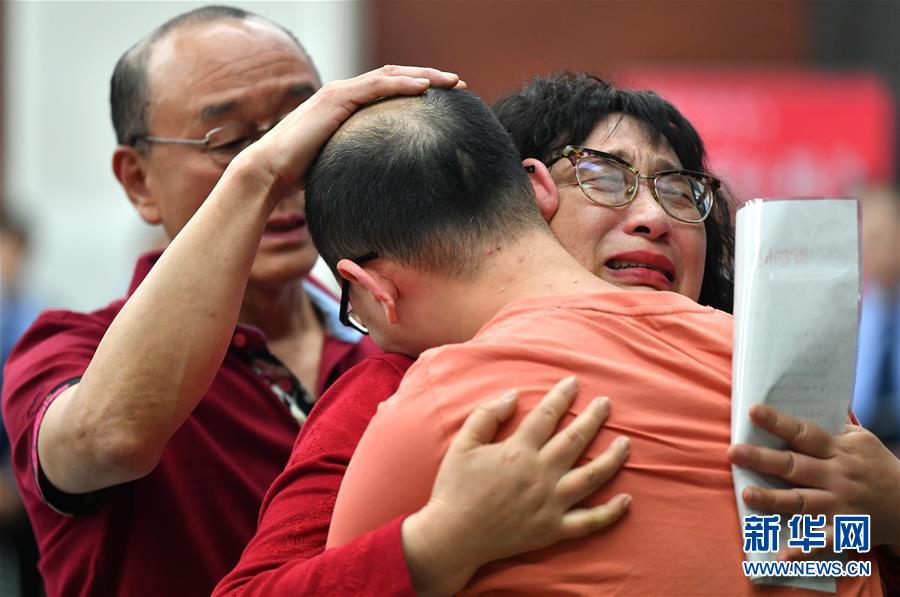
The reunion that followed was arranged with all the ceremony such a moment deserved. In front of television cameras and a crowd of well-wishers, Mao—who had lived his entire adult life as Gu Ningning—waited nervously in a side room.
When the door opened, he ran straight to his mother in a moment that would be replayed across China for weeks. The family embraced and wept together as the nation watched, witnessing the raw power of a mother’s love that had refused to die.
“I would like to thank the tens of thousands of people who helped us,” Li said through her tears. “I cannot believe that after helping 29 missing children find their families, I can find my own son.”
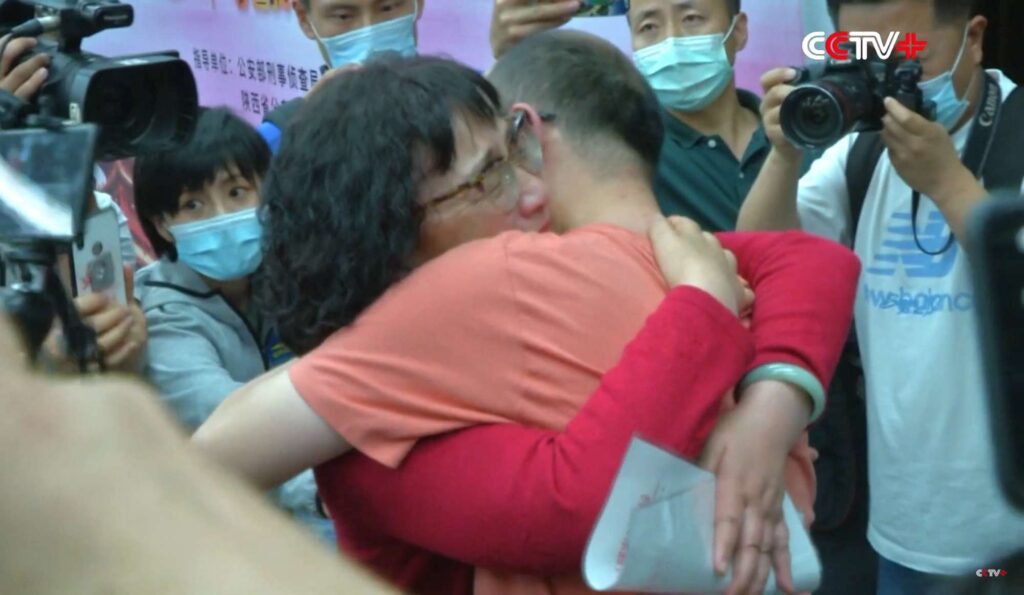
Li Jingzhi’s 32-year search did more than reunite one family—it transformed how China approaches cases of missing children. Her relentless advocacy helped establish better systems, raised public awareness, and proved that some stories are too important to forget.
Today, Mao is processing the revelation that has turned his life upside down. “To be honest, I am not quite sure about the future yet,” he admits. However, one thing is sure: he is no longer lost.
In a world that often feels disconnected and cynical, Li Jingzhi’s story reminds us that love—honest, determined, never-give-up love—can literally move mountains. Alternatively, in this case, move an entire nation to help bring one little boy home.

